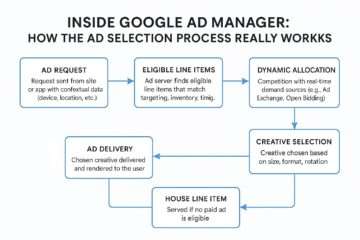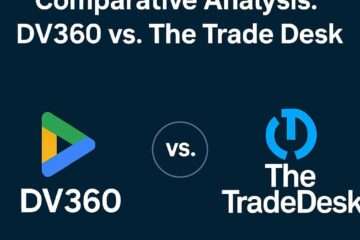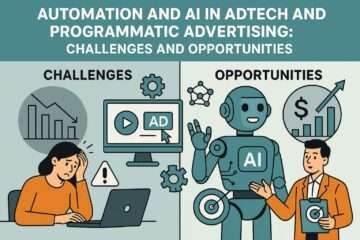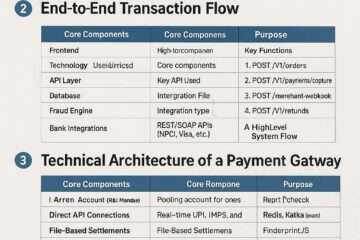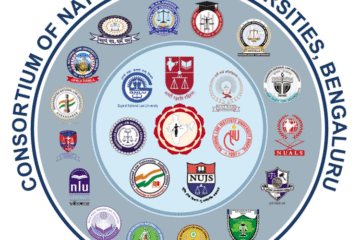

What you’ll find out
- Get a deep understanding of the tasks and methods that a junior or associate data analyst does on the job every day.
- Learn how to clean data, analyze it, and show it visually. You can also learn how to use tools like spreadsheets, SQL, R code, and Tableau.
- Learn how to clean and organize data for analysis, as well as how to use spreadsheets, SQL, and R code to do analysis and calculations.
- Learn how to use dashboards, presentations, and other popular visualization platforms to show and talk about your data findings.
Skills you’ll gain
- Data Analysis
- Creating case studies
- Data Visualization
- Data Cleansing
- Developing a portfolio
- Data Collection
- Spreadsheet
- Metadata
- SQL
- Data Ethics
- Data Aggregation
- Data Calculations
- R Markdown
- R Programming
- Rstudio
- Tableau Software
- Presentation
- Data Integrity
- Sample Size Determination
- Decision-Making
- Problem Solving
- Questioning
Google Data Analytics Professional Certificate – 8 Course Series
1. Foundations: Data, Data, Everywhere
What you’ll find out
- Define and explain some of the most important ideas in data analytics, such as data, data analysis, and data ecosystems.
- Think about things analytically In your self-evaluation, give detailed examples of how you’ve used analytical thinking.
- Talk about what spreadsheets, query languages, and tools for visualizing data do in the field of data analytics.
- Explain what a data analyst does and give examples of jobs that fit the bill.
You’ll learn new skills such as
- Spreadsheet
- Data Integrity
- Sample Size Determination
- SQL
- Data Cleansing
2.Ask Questions to Make Data-Driven Decisions
What you’ll find out
- Describe how the problem-solving road map can be used in everyday research situations.
- Talk about how data is used in the decision-making process.
- Show how to use spreadsheets to do basic data analyst jobs like entering data and putting it in order.
- Describe the main ideas behind organized thinking.
3. Prepare Data for Exploration
What you’ll find out
- Describe the things that should be thought about when choosing how to collect data.
- Talk about what biased and unbiased facts are not.
- Explain what databases are and how they work by referring to their parts and roles.
- Explain the best ways to organize facts.
You’ll learn new skills such as :
- Decision-Making
- Spreadsheet
- Data Analysis
- Problem Solving
- Questioning
4.Process Data from Dirty to Clean
What you’ll find out
- List the different kinds of data security and the things that could go wrong with them.
- To clean up string variables in a database, use simple SQL methods.
- Learn how to use databases by writing simple SQL searches.
- Explain how to check the effects of cleaning up data.
You’ll learn new skills such as :
- Data Analysis
- R Markdown
- Data Visualization
- R Programming
- Rstudio
5.Analyze Data to Answer Questions
What you’ll find out
- Talk about how important it is to use sorts and filters to organize your data before you analyze it.
- Change the format of info.
- Learn how to use functions and syntax to make SQL searches that combine data from different database tables.
- Explain how functions can be used to do simple calculations on worksheet data.
You’ll learn new skills such as :
- Data Aggregation
- Spreadsheet
- Data Analysis
- Data Calculations
- SQL
6.Share Data Through the Art of Visualization
What you’ll find out
- How can you use data visualizations to talk about data and the study of that data?
- Figure out what Tableau is and how it can be used as a data display tool.
- What are “data-driven stories”? What are their qualities and how important are they?
- Describe the rules and habits that make presentations successful.
You’ll learn new skills such as :
- Data Collection
- Spreadsheet
- Metadata
- SQL
- Data Ethics
7.Data Analysis with R Programming
What you’ll find out
- Explain what the R computer language is and how it works.
- Using functions, variables, data types, pipes, and vectors as examples, explain the basic ideas behind computing in R.
- Describe the different ways that R can be used to make graphics.
- Show that you know how to use basic formatting in R Markdown to give your work order and draw attention to important parts.
You’ll learn new skills such as :
- Data Analysis
- Tableau Software
- Data Visualization
- Presentation
8.Google Data Analytics Capstone: Complete a Case Study
What you’ll find out
- Explain the difference between a portfolio, a case study, and a final project.
- Figure out what the most important parts of a finished case study are.
- Use the methods and steps that are part of the data analysis process on a certain set of data.
- Talk about the use of case studies and portfolios when you talk to recruiters and possible jobs.
You’ll learn new skills such as :
- Spreadsheet
- Data Analysis
- SQL
- Data Visualization
- Data Cleansing
Cost of the Course
It is available at an affordable costing of INR 3482 (580 per month) for 6 months via CourseEra.























































